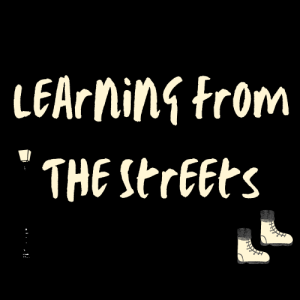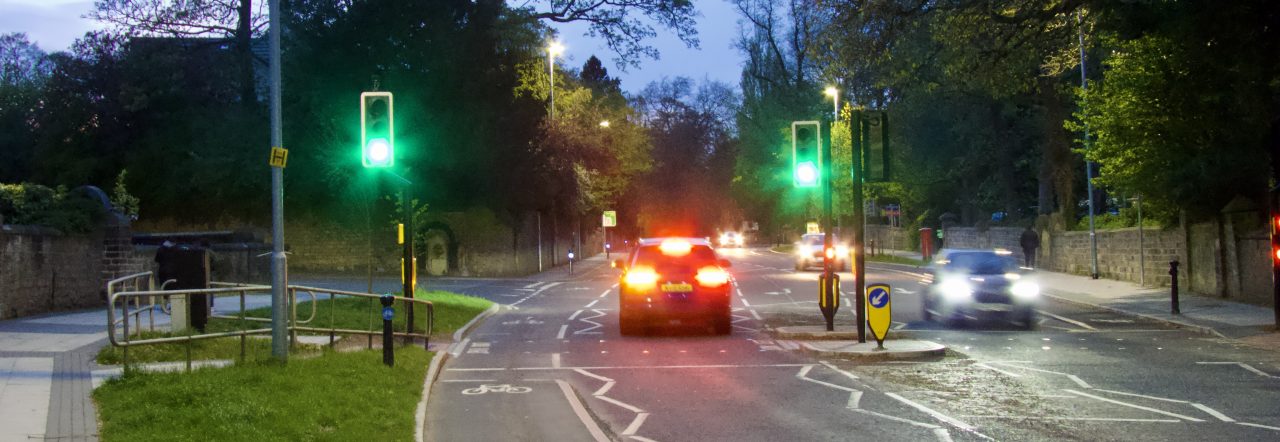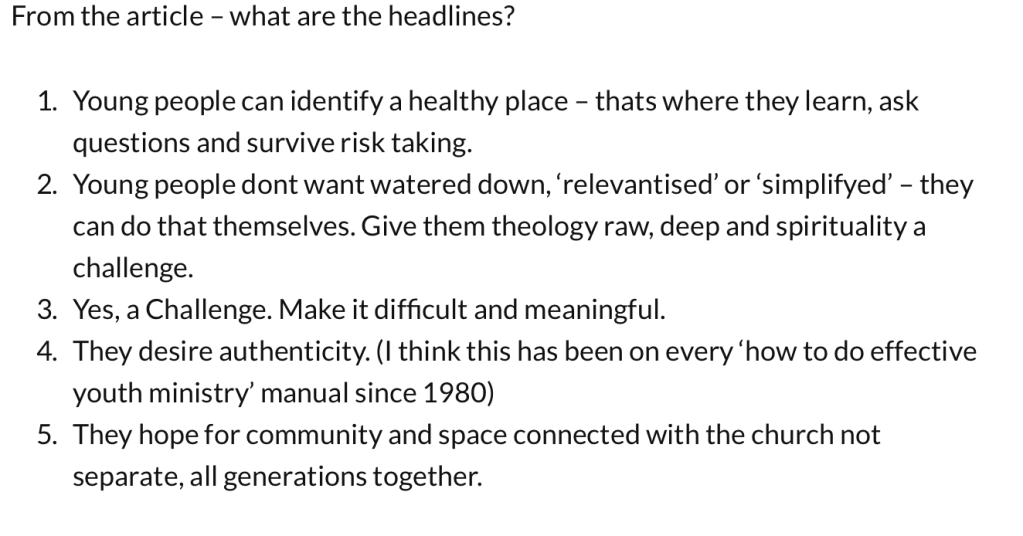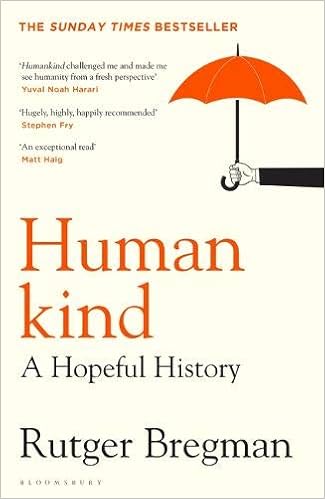Can we have a conversation about empowerment please?
Because, well I thought I knew what empowerment was. And I did, I knew what empowerment was.
In Theory.
But what I didnt know was what empowerment actually was. Until I felt it. Until I experienced it.
Cutting aside the conversation of the theory of empowerment and the word itself for a moment. Yes its all about power.
Can I get to the gist of it?
Can I be completely honest with you for a moment – please bear with me.
Ive got to admit a few things.
One of them
Is that even if I thought or said otherwise there’s a part of me that wanted to have some credit for helping a young person.
Or.. I wanted it to be that ‘my faith in Jesus, and Jesus’ actions through me’ helped the young person in the Youth work practice.
And… secretly I wanted the young person to give me some credit for this.
I wanted to be the person who met the young person in the midst of the mess and helped them up – and maybe unknowingly wanted them to be dependent on me, or give me credit for being there ‘to fix them’
Was that ever empowerment?
Some of it was in the name of ‘developing a purposeful relationship’ with the young person – meet them at a point of need, then hope that in the long term in the conversation there is some ‘faith’ conversation… after all this was the purpose wasn’t it?
So that the young person could look back on me as some kind of hero, or helping support at the very least.
Now, being kind on myself, funding applications that kept me in a job also encouraged this.
Wanting me to justify how ‘Youthwork provision’ changed and transformed young people – creating better outcomes, enabling some kind of change. Which is great, but the tendency to want to find the story, and also find the quotations from young people to say that the project, the organisation could take some credit for it.
What does this do to the young person? If they truly did ‘change’ in any way – what does this do to their sense of esteem, sense of purpose, and their own development.
Does it enable them to see their own strength that brought about change or to only see themselves as being rescued (or somewhere in between)
Up until 2019, I had barely given any thought to my own ’empowerment’ journey. I was a survivor, strong exterior, able to cope with anything. My own youth work experience as a young person was littered with structured organised groups like scouts and swimming club, and yet I had received significant support from an older couple who were my church youth group leaders.
Empowerment wasn’t a word I knew. I was on the run. Afraid. If you’ve read my other blogs you will know that my childhood was full of significant emotional abuse, that was impossible to articulate, but I was in the midst of. And I can say now that I was a bundle of raw emptiness that was searching for belonging, and found it in my local church.
And this is largely where I stayed, in the midst of the church community in a variety of forms, people pleasing to appease my parents, staying in the ‘fold’ , doing further study for my own sake (but also to make them proud) .
I was a mess. A bundle of emotional mess, and it was about to fall apart.
What I didnt know is that I was about to go on my own empowerment journey.
Firstly I had to be vulnerable. And at times I still know this is the best way. Thanks Brene Brown.
I had to ask for help – after trying to be the strong one. The alternative was homelessness. Asking for help, meant asking a friend if I could stay at their house.
I was in need of the basics. Safety, Food, Water, Sleep. Maslows bottom rung of the pyramid.
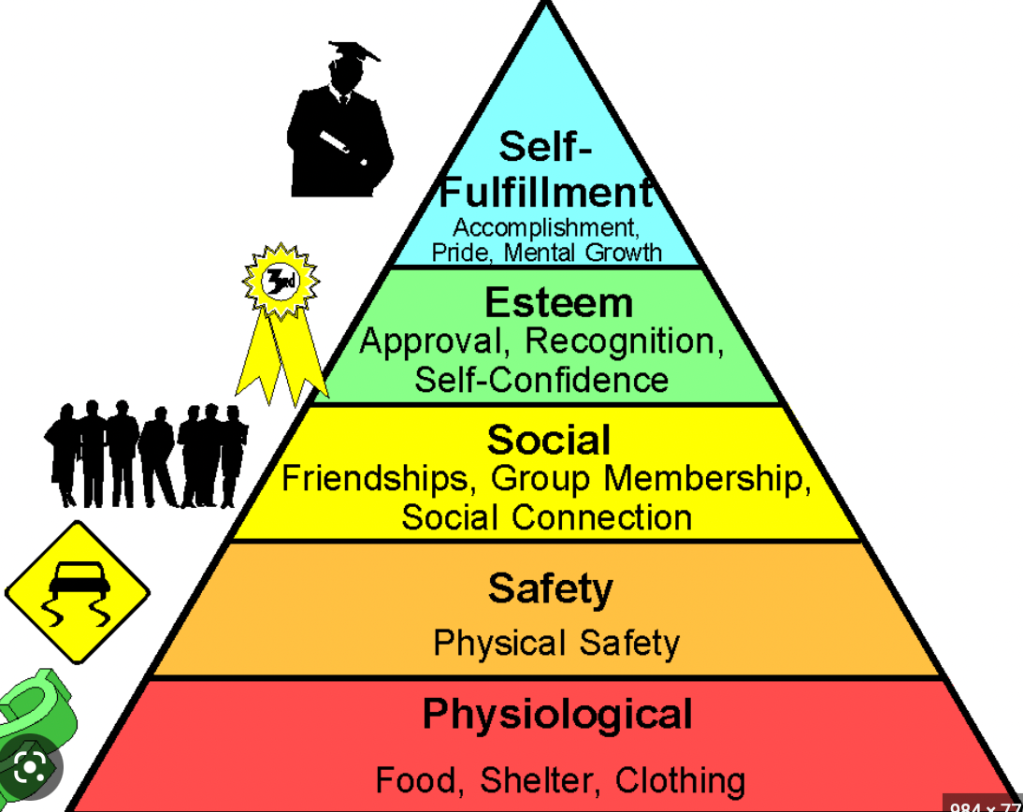
My friend gave me my own room, I had to go and buy new bed sheets, duvet, pillows and a towel. (again if you have read my other blog you will know why I couldn’t go and knock the door at my parents)
I needed. I was at a very low point and I had to be vulnerable.
I had reconciled to myself that I was going to learn what I needed to learn from the experience, and that I was going to have to face realities of suffering, and not avoid them.
After a short while I gathered people around me, a support group if you will. I remember many times asking these people ‘what should I do’ – and trying to work out what was going on.
At first it annoyed me that they would say ‘its your decision’ or ‘I’m not going to advise you – you have to decide what you are going to do’
It annoyed me because I didnt want to take responsibility, I didnt feel I was capable of making decisions, big or small. But I soon got it. Or at least expected the response.
I had to make decisions. I had to do things for myself. One way or another. I was being empowered, and my friends stuck by me if if they didnt always agree with the decision I had made. Which felt a little strange at the time I admit.
It meant that I, now, a few years later, can look back years, weeks and months and know something about what empowerment is.
Yes I needed a short term sticking plaster – my immediate needs were shot. I had barely nothing. On the first night I arrived my friend took me out for a meal at the pub. Honestly I felt like a warm blanket was being wrapped around me. I was safe.
But gradually, month by month, I began to grow. From the darkest deepest point. I didnt want to feel indebted, but I deeply appreciated and was grateful.
Amongst many things I learned what empowerment truly is. Or at least, I had now received the experience of the kind of support that enabled me to see that I had to make decisions and choices and make the decisions about what kind of life, what kind of person , what kind of future I wanted.. miniscule step by step.
Empowerment wasn’t about advice giving. It wasn’t about being rescued.
It was about being safe, feeling heard, listened to and loved.
It was about being given the tools to slowly fly.
It wasn’t about swapping one type of dependency, with another.
It was something that enabled me to make steps foward, one by one, one emotional, physical, spiritual, mental step at a time.
Empowerment, like Darren McGarvey says in the end of Poverty Safari, enabled me to take appropriate responsibility for myself, and not play victim to circumstance.
Empowerment even from the midst of nothing was to be able for me to grasp the something. Not necessarily to be given it easy on a plate. Actually I didnt want easy. Easy was avoidance.
Empowerment for me also meant dignity. I may have needed and appreciated being looked after, but I also wanted to discover how I could look after myself with the newly discovered resources.
I get how a conversation about responding to poverty and peoples needs needs to look upstream to the causes, instead of just providing a sticking plaster, churches getting tired with always responding. But, even for the individuals being helped? is it a small step to empowering someone, or maintaining a dependency?
Not for the first time in the last few years, ive had to reconsider what I thought I knew because I ended up up having to experiencer it for myself. God its painful when that happens, but that pain is so worth it. What does empowerment mean to you? What might it mean for your practice of serving? What might it mean as you give a food bank package, or welcome someone in a warm space?
There are causes to poverty and they can be challenged. There is helping people and that is needed. But what does it truly mean to empower people out of the poverty they find themselves in… so that they know that they, like I can know that they were able to do it and realise it themselves?
